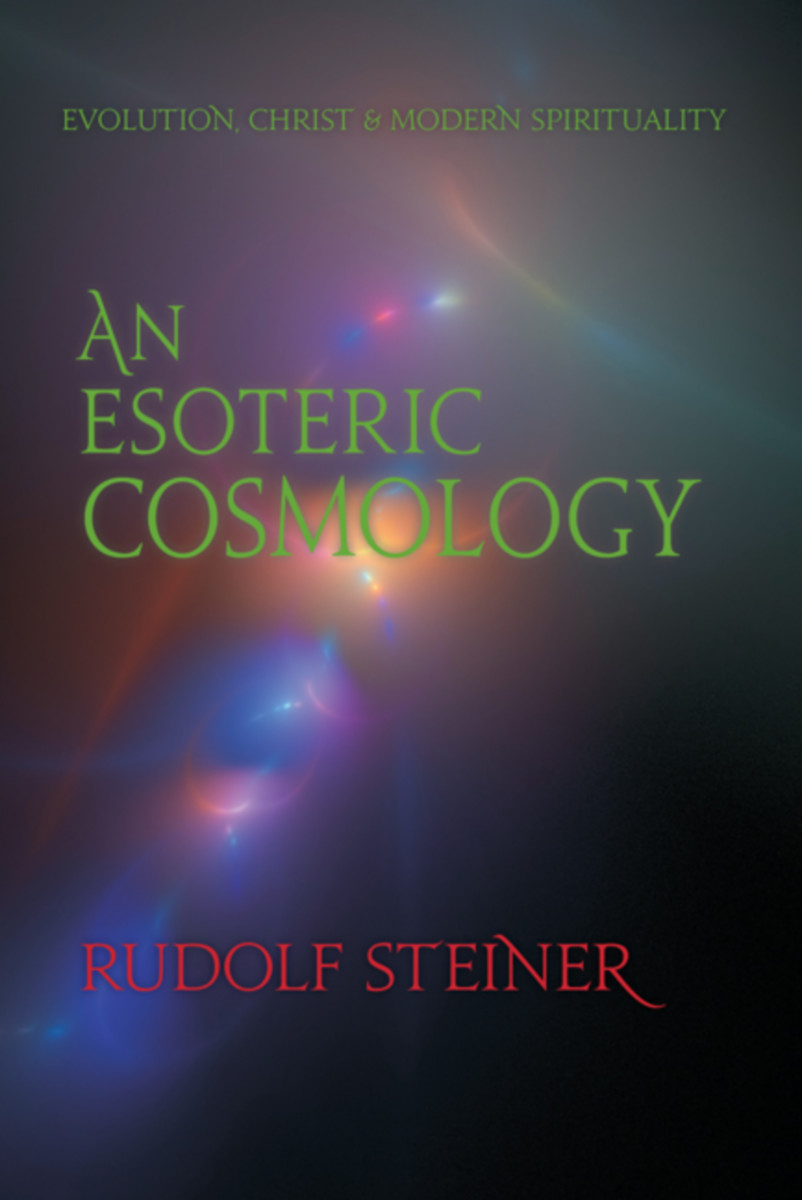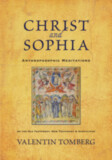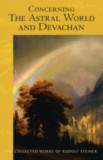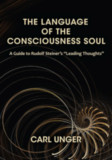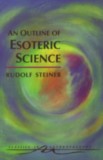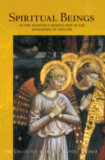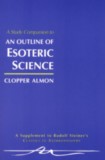An Esoteric Cosmology
Evolution, Christ & Modern Spirituality (CW 94)
- Publisher
SteinerBooks - Published
15th January 2008 - ISBN 9780880105934
- Language English
- Pages 132 pp.
18 lectures in Paris, May 25 – June 14, 1906 (CW 94)
“This cycle of eighteen lectures...presented a survey of the evolution of cosmos, Earth, and humanity, to the extent attained by Dr. Steiner in the maturing process of his research. In his Autobiography, when looking back to the earlier years, he says of the stage that his knowledge had then attained: ‘The whole world outside of human beings is a riddle, the real-world riddle; and humanity itself is the answer.’ Through the years, we worked continuously at the solution of the riddle. These lectures of 1906 were also devoted to this theme, and three years later he was able to present the knowledge gained in a comprehensive form as his book An Outline of Esoteric Science.” — Guenther Wachsmuth (The Life and Work of Rudolf Steiner)
A congress of the Federation of European Sections of the Theosophical Society was held in Paris in May 1906. Rudolf Steiner attended with a number of students and presented a series of lectures to a small circle of friends, mostly society members. Édouard Schuré was present and made succinct notes of those talks, the result of which is An Esoteric Cosmology: Evolution, Christ, and Modern Spirituality. In is foreword, Schuré describes his initial impressions of Rudolf Steiner and the force of his vision: “These priceless lectures mark a significant phase of Rudolf Steiner’s thought—that of the spontaneous burst of his genius and its first crystallization.” Indeed, his notes record perhaps the first general outline and summary of what would become Anthroposophy, or spiritual science.
At the time of these lectures, most members viewed Theosophy as a kind of Europeanized Indian philosophy. Thus, one purpose of these lectures was to outline Steiner’s Christ-centered spiritual science in contrast to the more Eastern orientation of Theosophy. He carefully connected the essence of spiritual science to the role of the Christ in human evolution, as well as to the Rosicrucian and Christian mystery traditions, the primary carriers of the esoteric Christian stream. To accomplish this, Steiner presented the roots of Christianity in the ancient mysteries and in the evolution of the whole universe itself.
The miracle of these lectures, perhaps, is that Steiner was able to condense such a grand cosmology into these eighteen lectures, and that Édouard Schuré was able to capture their essence in the relatively brief notes that constitute this book.
“I took no notes of the first lecture, but it made such a vivid impression upon me that, once I reached home, I felt a need to write it down without forgetting a single link in the chain of these illuminating thoughts. I had absorbed the lecture so completely that I found no difficulty at all. By a process of involuntary and instantaneous transmutation, the German words, which had ingrained themselves in my memory, changed into French. The same thing, repeated after each of the eighteen lectures, gradually grew into a dossier that I keep as a rich and rare store of treasure.” — Édouard Schuré (from his foreword)
These lecture notes will prove invaluable for all those who wish to better understand Rudolf Steiner’s book An Outline of Esoteric Science, as well as his Christian cosmology and perspectives on esoteric Christianity and the Christian mysteries.
An Esoteric Cosmology is a translation of notes in French by Édouard Schuré, including 18 of 43 lectures in Paris, Leipzig, and Munich, published in German as Kosmogonie. Populäre Okkultismus. Das Johannes-Evangelium. Die Theosophie an Hand des Johannes-Evangelium (Rudolf Steiner Verlag, GA 94).
C O N T E N T S:
Preface by Bernard J. Garber
Foreword by Édouard Schuré
1. The Birth of the Intellect & the Mission of Christianity
2. The Mission of Manicheism
3. God, Humankind, Nature
4. Involution and Evolution
5. Yoga in East and West, part 1
6. Yoga in East and West, part 2
7. Esotericism and the Gospel of St. John
8. The Christian Mystery
9. The Astral World, part 1
10. The Astral World, part 2
11. The Devachanic World: part 1
12. The Devachanic World: part 2
13. The Logos and the Word
14. The Logos and Humankind
15. Evolution of the Planets and Earth
16. Earthquakes, Volcanoes, and the Human Will
17. Redemption & Liberation
18. The Apocalypse
Rudolf Steiner
Rudolf Steiner (b. Rudolf Joseph Lorenz Steiner, 1861–1925) was born in the small village of Kraljevec, Austro-Hungarian Empire (now in Croatia), where he grew up. As a young man, he lived in Weimar and Berlin, where he became a well-published scientific, literary, and philosophical scholar, known especially for his work with Goethe’s scientific writings. At the beginning of the twentieth century, he began to develop his early philosophical principles into an approach to systematic research into psychological and spiritual phenomena. Formally beginning his spiritual teaching career under the auspices of the Theosophical Society, Steiner came to use the term Anthroposophy (and spiritual science) for his philosophy, spiritual research, and findings. The influence of Steiner’s multifaceted genius has led to innovative and holistic approaches in medicine, various therapies, philosophy, religious renewal, Waldorf education, education for special needs, threefold economics, biodynamic agriculture, Goethean science, architecture, and the arts of drama, speech, and eurythmy. In 1924, Rudolf Steiner founded the General Anthroposophical Society, which today has branches throughout the world. He died in Dornach, Switzerland.


